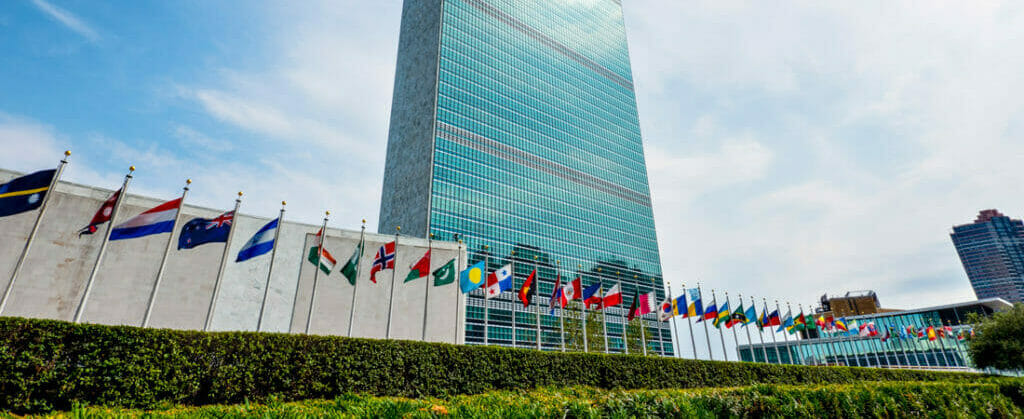The concept of social justice comprises three fundamental axes: access to social protection, affordable quality healthcare services, and education. Some past efforts by countries to ensure social justice include reducing income inequality and increasing public spending on these axes. Despite these and other commendable improvements, the relevance of social justice today stems from the slowdown, stagnation, and even reversal of social development in recent years. The lack of programs, underinvestment, and poorly defined eligibility criteria for social protection exacerbate these issues. Inequality is rising steadily within countries, the quality of healthcare services is deteriorating, and the state of education, particularly its relevance and continuity, is becoming increasingly concerning. These issues not only erode social cohesion and solidarity but also arise from their undermining.
In deepening our understanding of these three axes, universal social protection involves ensuring decent living standards that alleviate poverty, reduce inequality, and encourage behavioral shifts toward long-term planning. The focus on healthcare aims to expand coverage and availability, with an emphasis on lower-income and vulnerable groups. Regarding education, key issues include addressing teacher shortages, updating obsolete curricula, and improving the school-to-work transition.
As suggested by the 1995 Copenhagen Declaration on Social Development, achieving these goals requires the interaction of social, economic, and environmental policies that allocate public resources according to political priorities. This must be supported by well-designed and non-simplistic tax and subsidy regimes, as emphasized in the Political Declaration adopted at the 2023 High-level Political Forum on Sustainable Development. Additionally, international efforts are crucial to ensuring that the lending capacity of some countries keeps up with others’ financing needs, alongside the strengthening of multi-stakeholder dialogue and engagement.
Thus, the connection between social justice and various goals of the 2030 Agenda for Sustainable Development becomes evident, particularly in the areas of ending poverty in all its forms (Goal 1), ensuring healthy lives and promoting well-being for all (Goal 3), ensuring inclusive and equitable quality education (Goal 4), reducing inequality within and among countries (Goal 10), and promoting peaceful and inclusive societies with access to justice for all (Goal 16).


